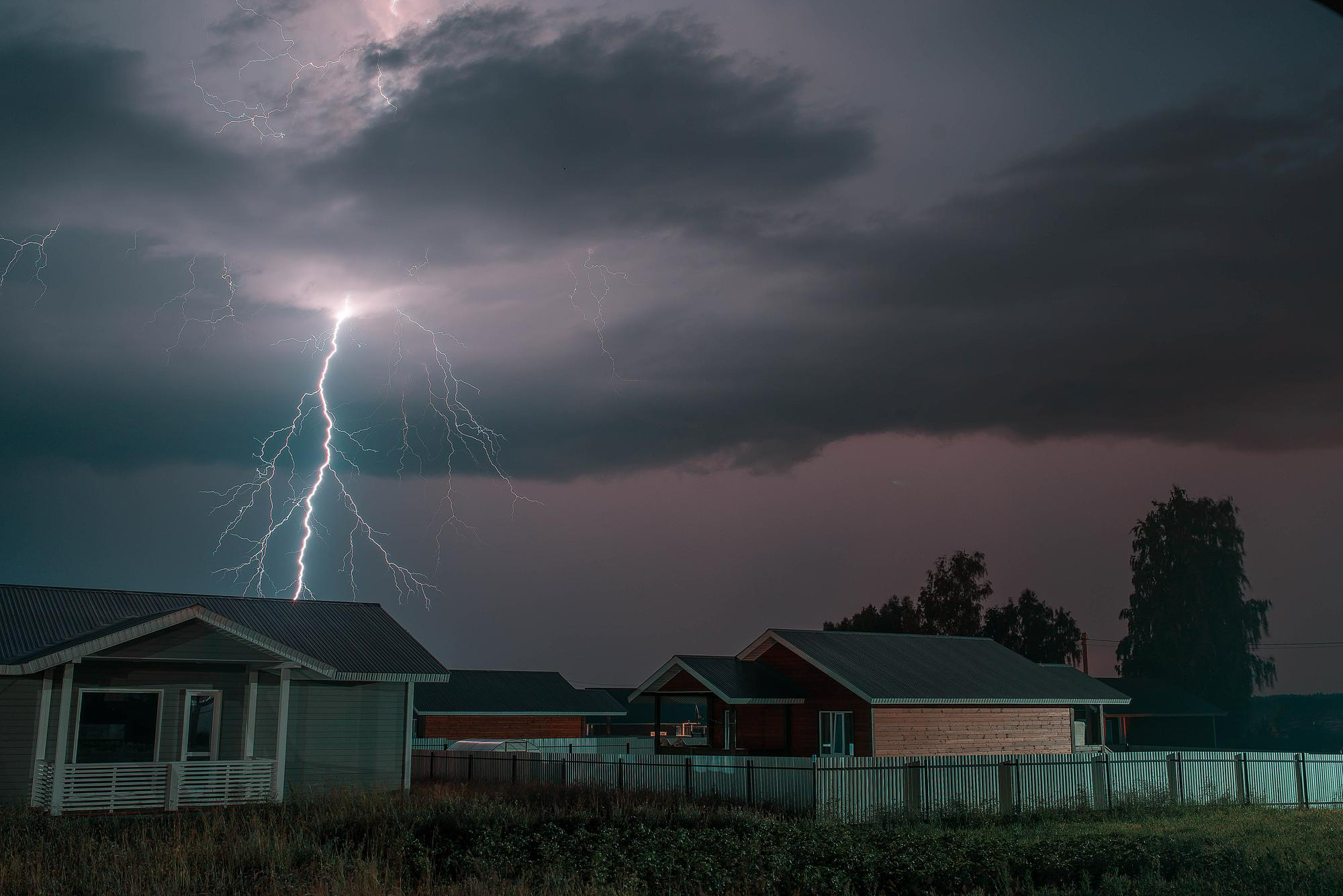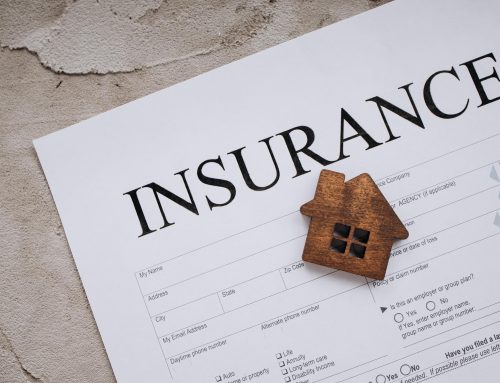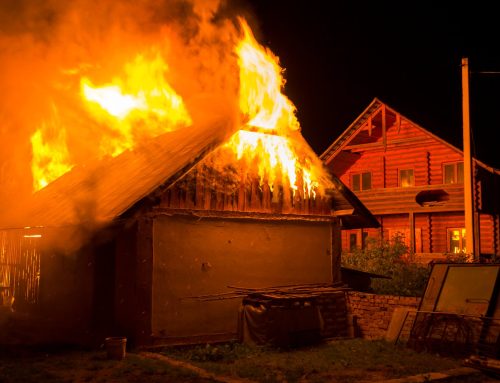When most people think of home fires, common causes are kitchen mishaps, poor electrical wiring, or unattended candles or cigarettes. Many people often forget though, that home fires can also be started by storms as well. While more uncommon, there is still always the possibility that lightning will strike your home and lead to fire damage. Let’s explore some essential lightning safety tips for fire prevention to minimize the chances of fire and keep your home safe during thunderstorms.

Use Surge Protectors
Make sure all electronic devices in your home are connected to surge protectors to prevent power surges caused by lightning strikes.
Install Lightning Rods
Installing lightning rods on your roof and near tall structures in your yard can help to provide a safe path for lightning, reducing the risk of fires to your home.
Remember to Unplug Electronics and Appliances
During thunderstorms, remember to unplug any electronic devices or appliances to protect them from power surges that can lead to fires.
Use Battery-Powered Alternatives
Be prepared with battery backups for flashlights, radios, and any other emergency equipment. Smoke detectorsa should also have battery backups, so they continue to function even if power is disconnected.
Stay Indoors
Seek shelter inside a sturdy room with limited windows during thunderstorms to avoid being exposed to lightning strikes.
Stay Away from Windows and Doors
Lightning can travel through conductive materials, so it’s important to stay away from windows, doors, and metal objects during a thunderstorm.
Educate Others
Teach the other people in your home, especially children the importance of staying indoors during thunderstorms and avoiding potential risks associated with lightning.
Have an Emergency Plan
Develop an emergency plan that includes instructions on what to do during thunderstorms, including where to seek shelter and how to stay safe. This should also include a fire emergency preparedness plan for your entire family.
Install a Lightning Protection System
Consider investing in a professionally installed lightning protection system that includes lightning rods, grounding systems, and surge protectors for comprehensive home protection.
Check Your Insurance Coverage
Review your homeowner’s insurance policy to ensure it covers lightning-related fire damage to our home. Make any necessary adjustments to ensure adequate coverage in these situations.
Monitor Weather Forecasts
Stay informed about weather conditions by regularly checking weather forecasts, especially during stormy seasons, to take necessary precautions in advance.
Have a Fire Extinguisher
Keep a working fire extinguisher in your home close by and know how to use it in case of a fire emergency caused by lightning.
Remember, lightning is a powerful force of nature that should never be underestimated. By following these lightning safety tips, you can minimize the risk of fires and keep yourself and your home safe during thunderstorms.






